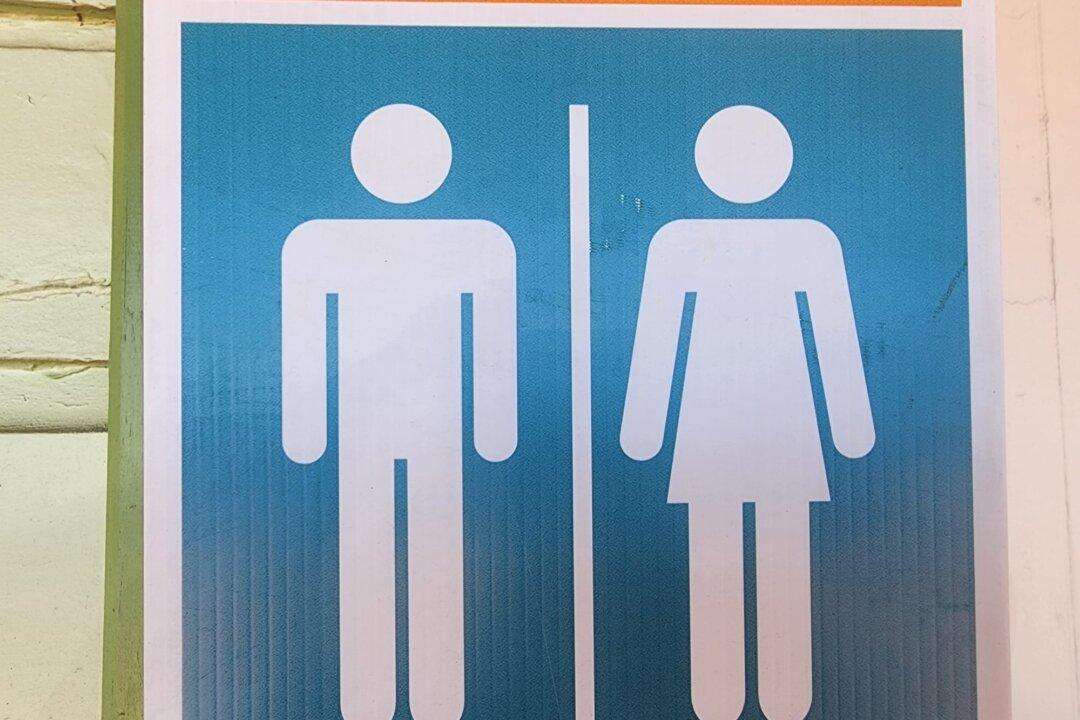Commentary
Everyone knows that the nation’s colleges and universities now commonly promote “social justice,” which essentially means radical left politics. But what we do know about how well they still do all the other things we’ve expected them to do?





